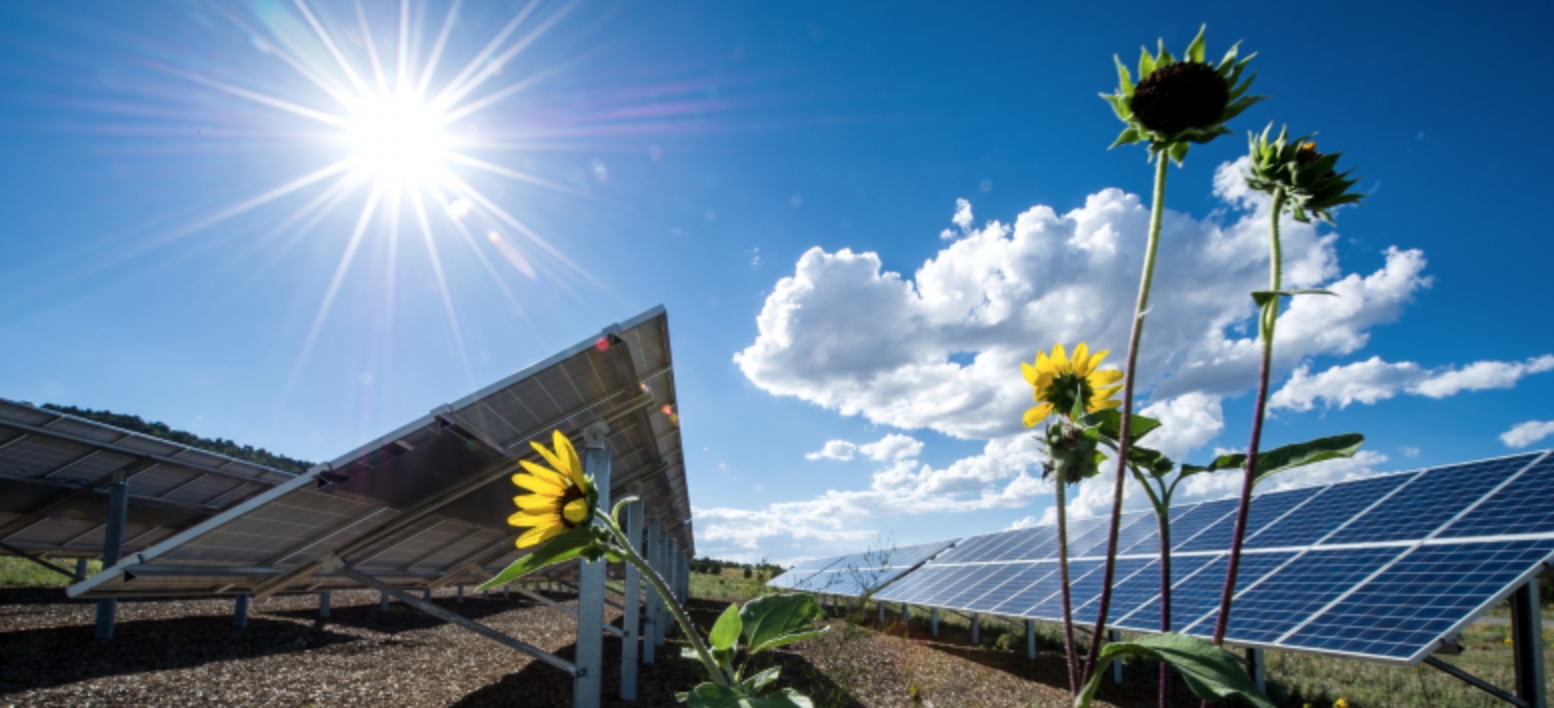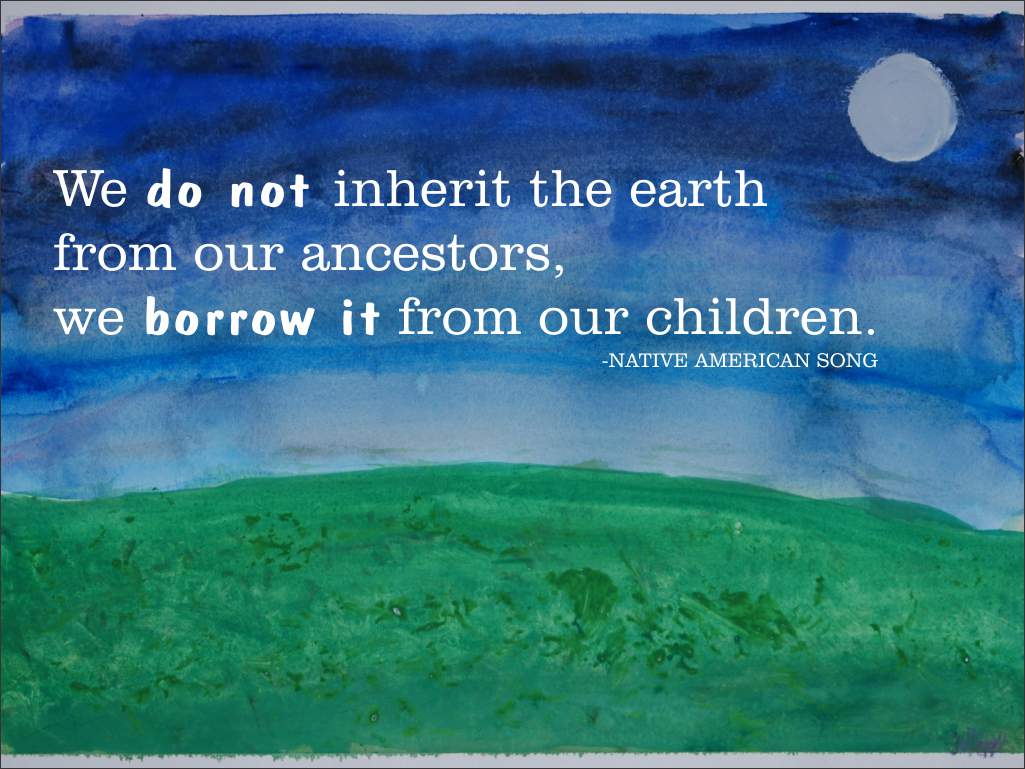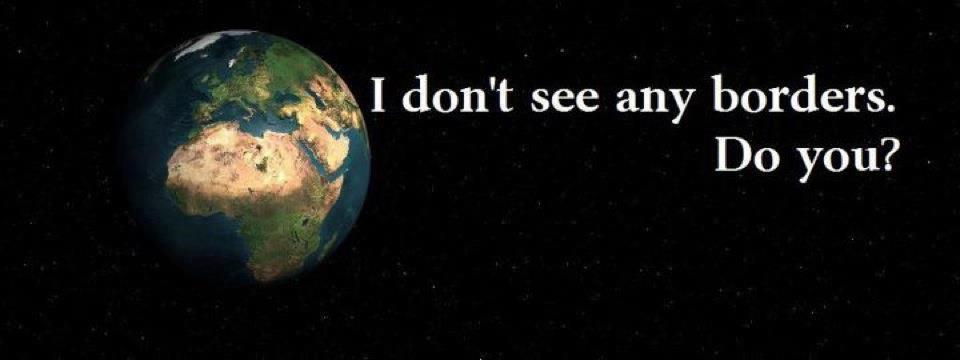The United States joined more than 190 countries in signing the Paris Agreement and publicly professing our willingness to reduce our dependence on fossil fuels. At the opening of the Paris meeting in December of 2015 President Obama addressed the gathering. “I have come here personally”, he said, “as the leader of the world’s largest economy and the second largest emitter of greenhouse gases to say that the United States not only recognizes its role in creating this problem, we embrace our responsibility to do something about it.” Specifically the US committed to reduce its greenhouse gas emissions by 26-28 percent below the 2005 level in 2025. That would include curbs on carbon dioxide, methane, nitrous oxide, perflurocarbons, sulfur hexafluoride and nitrogen trifluoride, all of which contribute to the warming of the planet. This could be accomplished through a combination of laws, regulations and incentives.
This commitment was made to the people of the world and for the next President not to honor it, in the words of economist Jeffrey Sachs, director of the Earth Institute at Columbia University and a senior adviser to the U.N “would mean blowing off the whole rest of the world and I don’t think the United States would find another partner to do that. We would just be the renegade state on the world stage.”
President Trump’s proposed budget seeks a 31 percent cut to the Environmental Protection Agency’s budget and the dismantling of the Clean Power Plan. It is important that those of us who recognize the danger of not moving towards clean energy sources speak not in generalities, but in specifics. At a time when the rhetoric from Washington blames environmental regulations for job losses and perpetrates the myth that climate change is a hoax, it is not enough to simply talk about saving the planet. Obviously that is the ultimate goal, but in the meantime people are concerned about health and job security. Therefore, it is important to show that climate change solutions can contribute to quality of life here and now, not just for future generations.
According to the 2016 US Energy and Employment Report (USEER) from the US Department of Energy (DOE), solar energy employed more people than the traditional coal, gas, and oil combined. “Proportionally, solar employment accounts for the largest share of workers in the electric Power Generation sector,” the report released this past January states. It continues, “This is largely due to the construction related to the significant buildout of new solar generation capacity.” The report noted that 6.4 million Americans now work in the energy industry and in 2016 added 300,000 new net jobs, which made up 14 percent of the entire job growth of the US for the year.
The report also showed that there is an upward trend in energy efficiency across several industries. Data show that almost 32 percent of the US construction industry was working on energy or building energy efficient projects. Of the 2.4 million people working in the Motor Vehicles industry, the report identified 260,000 jobs supporting alternative fuel vehicles, an increase of 69,000 jobs in the last year. The USEER also surveyed energy industries across the country and asked them to predict projected job growth in the energy industry in 2017. The results of the survey predicted an increase in hiring across many industries within the energy sector. It is important to note that the survey also indicated that the highest growth rate over the next 12 months, a 9% increase or 200,000 jobs will be in the energy efficiency sector. David Foster, DOE Senior Advisor on Industrial and Economic Policy, stated that “Whether producing natural gas or solar power at increasingly lower prices or reducing our consumption of energy through smart grids and fuel efficient vehicles, energy innovation is proving itself as the important driver of economic growth in America.”
Kumar Venkat, founder of Clean Metrics Corporation notes that “Cutting fugitive methane emissions in the oil and gas industry could be done with existing technologies that have a short payback period due to the economic value of the recovered methane. But in general, curbing methane and black carbon emissions will require regulations that simultaneously address public health and climate change. The EPA under the Obama administration did just that last year with a rule targeting methane emissions from new or modified oil and gas wells.”
According to Michael Bloomberg, former Mayor of New York City, “More than 250 coal plants-almost half of the total number in this country-have announced in recent years that they will close or switch to cleaner fuels. Washington isn’t putting these plants out of business; the Obama administration’s Clean Power Plan hasn’t even gone into effect yet. They are closing because consumers are demanding energy from sources that don’t poison their air and water, and because energy companies are providing cleaner and cheaper alternatives.”
World leaders spoke out in Paris on the importance of acting on climate change now. Below is a representative sample of their comments:
“Tackling climate change is a shared mission for mankind…Let us join hands to contribute to the establishment of an equitable and effective global mechanism on climate change, work for global sustainable development at a high level and bring about new international relations featuring win-win cooperation.” –President Xi Jinping, China
“To resolve the climate crisis, good will, statements of intent are not enough. We are at a breaking point.” –President Francois Hollande, France
“Governments must show the strongest leadership to limit the effects of climate change which we strongly believe is also the cause of radicalism and terrorism…” Prime Minister Enele Sopoaga, Tuvalu
“For Honduras, climate change is a matter of life and death. The figures don’t add up…we are not all equally responsible.” President Juan Hernandez, Honduras
“Small steps will no longer do. The biggest steps need to be taken by those with the biggest boots.” President Sauli Ninisto, Finland
If jobs and health are priorities now then we need to speak loudly and clearly about how keeping our commitment to the Paris Agreement and reducing our use of fossil fuels and increasing research on and use of alternative energies will create more jobs and provide a cleaner, healthier environment now, as well as create a habitable planet for future generations.



